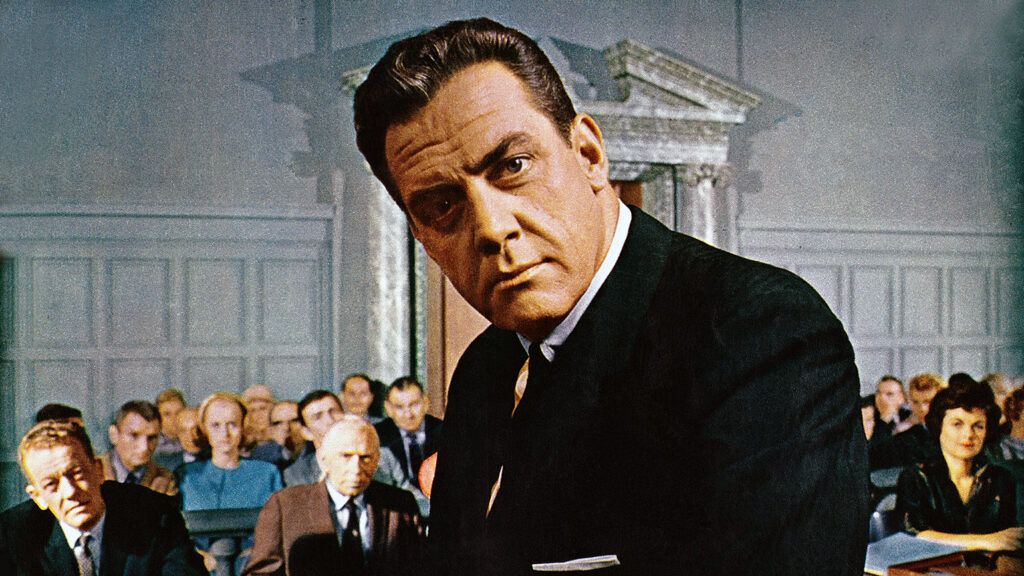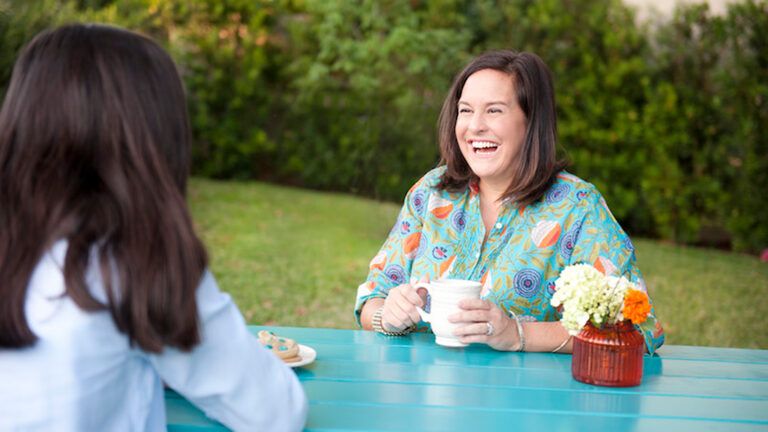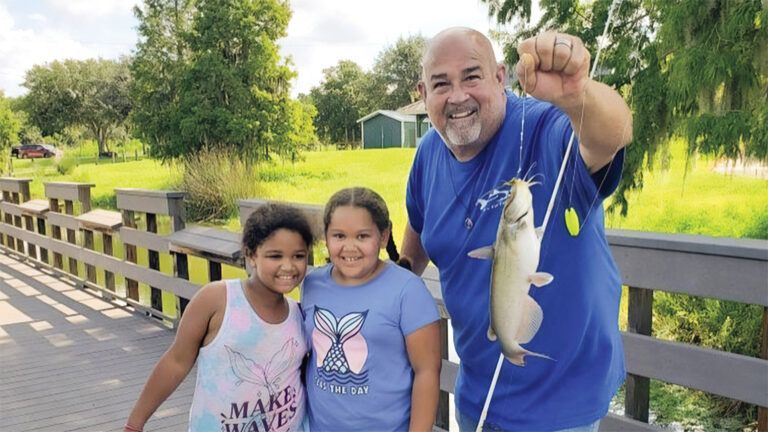Three of us—a doctor, his wife and I were sitting on a sandy beach listening to the pounding surf and discussing what it takes to have the Good Life.
“A life that’s dynamic and harmonious is in balance,” said the doctor. “There’s intake and outflow. Activity without strain,”
“Activity without strain,” I repeated. “I’d like that. Tell me how it’s done.” “
I think,” said his wife, “it has to do with the art of giving yourself away. There is an art to it, you know.”
I thought of the days when I had done things I needn’t have done, and others where I neglected those I ought to have done. There was far too much strain in my activity, too little balance, too little joy in the doing.
“What is this art of giving yourself away?” I questioned.
“Ask any man who’s mastered it,” suggested the doctor. “Ray Burr has, for one.”
Raymond Burr is one of Hollywood’s hardest workers. Before he became famous as Perry Mason in the television series, he had acted in over 90 motion pictures. Yet he always has found time to “give himself away.”
I began checking facts and found there were seven trips to Korea to entertain troops; yearly benefit performances which he gives for a Catholic convent; scholarships donated to needy college students, and six orphans abroad, adopted by proxy. There also were countless civic and charitable appearances.
A few weeks later, facing him across a wide desk in the study of his studio bungalow, we talked, leading up to the question:
“How do you give yourself away?”
Raymond Burr looked thoughtful. “I don’t think any of us has the complete answer. But one thing that helps me is the funnel idea.”
I must have looked puzzled for he laughed, and then went on to explain what he called the “funnel approach” to life.
“An actor,” he said, “wants to make the right move or intonation at exactly the right time; to do that I believe he must leave his life open, like a funnel, not become so wholly involved with himself that he is unaware of the things and people around him.
“He should be able to identify with the lame, the deaf, the blind—to appreciate the beauty of a sunset, the feel of mud and rain, the sound of laughter, the cry or sigh of pain, the taste of tears. He needs to have a feel for books, painting, music, and people in all occupations.
“The trick is to draw all this experience into the big end of the funnel, letting it become a part of your total awareness, an enlarging of the reservoir that is you.
“When it’s time for a particular performance, out of this (funneled in) experience will come the right move or the right intonation. But,” concluded Mr. Burr, “an actor can’t give until first he receives. And what he gives is not his own.”
I nodded. “This makes good sense—for actors. My problem is that I need it every day of my life.”
“All right,” he said, “you can apply the funnel illustration to any person’s way of living. It simply requires that you accept life as it is and do not become so involved with self that you fail to recognize other people and their needs. When you let the passing scene come into your life you are immediately in communication with your fellow man and with the world.”
This statement helped explain a number of Raymond Burr’s quiet acts: the weekend flight all the way to a New England hospital to visit a badly burned girl who had asked for a picture of Perry Mason; the time when he sat up until dawn at the bedside of a make-up man who had collapsed on his set; the occasion several years ago when he welcomed at his beach home refugees from a fire that devastated the hills above Malibu.
“There’s one thing I still don’t follow,” I said. “Through our open funnel approach we recognize the needs of others. But what else do you believe comes in that helps, strengthens or guides us?”
He didn’t hesitate an instant. “When I speak of leaving yourself open to communication, I’m referring not only to an awareness of others but to communication with God. While I seldom pray formally, there isn’t an hour of the day or night that I am not in a state of communication or prayer. Every once in a while I catch myself saying, ‘Please, God, I’ve been good; now I want this badly next Monday.’ After a minute’s thought I have to say—’Disregard the first statement.’
“To me acceptance is an important part of prayer. However, ‘Thy Will Be Done’ isn’t a passive statement. It’s an offer of cooperation in whatever God can do through us. Our part is the right hand of action, beginning with our home life and our work, because until these are in order we aren’t ready to function beyond our own front yard.”
“And when they are in order,” I said, “you’d suggest we consider the whole world an area of need?”
“Exactly,” said Mr. Burr. “I believe we are in trouble today because we haven’t been concerned enough about each other.”
“All of us, of course, complain about how little time we have.”
“That’s avoiding responsibility,” said Mr. Burr. “To be sure, there are relentless demands on all of us. I often have to say ‘no,’ but I’ve said it more infrequently of late because I’ve discovered there is almost always a way to do the things that confront us if we have the will to do them.
“Some persons use the excuse: ‘What can I—just one person—do in such a big world?’…as if any contribution, large or small, was insignificant. There isn’t anything more I can offer than myself.”
In a reflective mood so familiar to millions of Perry Mason fans, he paused, then leaned forward in his chair and continued:
“Let’s pretend for a moment,” said Raymond Burr, “that the universe is an ocean and God is a huge bright stone. We drop the stone into the middle of this ocean. As long as the world lasts there will be a ripple. Now, let’s consider that man, made in the image of God, is a pebble. No matter how small the pebble, if we drop it in this same ocean, there will be a ripple. In the same sense, then, man’s life will have an effect on the universe.”
It’s an awesome thought to consider that what we are doing this minute, one way or another, is going to have some effect on the world.”
Raymond Burr’s philosophy since has helped me find a new sense of perspective about my own place in the world. Giving is not something you do just when it’s convenient. It is, in itself, the key to the Good Life.
For more inspiring stories, subscribe to Guideposts magazine.





